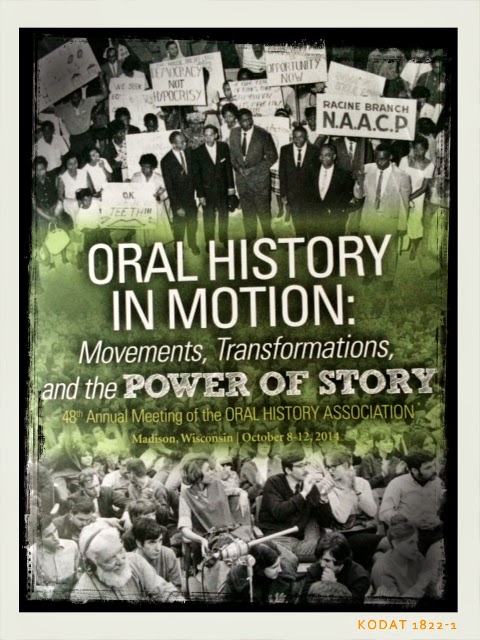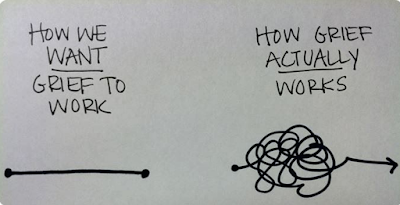The Art of Memory: Derek Mahon and Numinous Objects
Continuing our Thursday series on the art of memory, today’s poet is Derek Mahon. Born in Belfast in 1941, Mahon is a self-described "voluntary exile' from his home in Northern Ireland. Having lived in Paris, Greenwich Village and in a handful of different cities in Canada and London, much of his work explores themes of displacement, loneliness and the alienated life of the artist in society. I love his work. I am never bored by Mahon and I always find new things to explore.
In an interview with The Paris Review in 2000,
Mahon was asked to describe the Belfast of his childhood, a city at war. Mahon's
depiction of his memories of that period are mesmerizing and informative about
the workings of memory:
When I think about the war, I think of a 1940s radio set, wireless set, and other objects with their inherent numina: a Japanese lacquered cigarette case brought back by an uncle in the Merchant Navy—the little things that you saw with a child’s eye when you were a child and that will never go away. That’s what consciousness is all about. My Aunt Kathleen’s white shoes in a rented summer house in 1945. No, I was on the floor, it must have been 1942; I was on the carpet. Those white shoes! I imagine what I call that “strange child with a taste for verse” emerges from a slow consciousness of the numina inherent in these things. I think that’s the beginning.
It is his focus, his insistence on the importance of numinous objects that draws me to his reminiscence. Numina. A numinous object is a spiritually profound one. It can evoke a presence of divinity or it can reflect a coherent, meaningful aesthetic and spiritual connection.
Here is an eloquently simple description of the objects around which our memories shape themselves and the connections to place, to people, to story made possible through these object lessons we experience as children. What is so beautiful here is his incisiveness. He pinpoints the moment of growth --of coming into being, or becoming -- with an awareness that particular objects hold meaning for us, ground us within social, physical, emotional worlds. He calls this "the beginning." Perhaps he was referring to the beginning of a poetic sensibility, but I prefer to think that he meant the beginning of being, of identity.
My all-time favorite poem by Mahon is below, Leaves.
I like it too much to analyze it overly much here. Suffice it to
say that this is absolutely, albeit obliquely, a poem about memory. And
the idea explored here of looking back and then forward again down a
pathway one never followed is beautiful, haunting and comforting all at
once.
Leaves
The prisoners of infinite choice
Have built their house
In a field below the wood
And are at peace.
It is autumn and dead leaves
On their way to the river
Scratch like birds at the windows
Or tick the road.
Somewhere there is an afterlife
Of dead leaves
A stadium filled with an infinite
Rustling and sighing.
Somewhere in the heaven
Of lost futures
The lives we might have led
Have found their own fulfilment.










Comments
Post a Comment